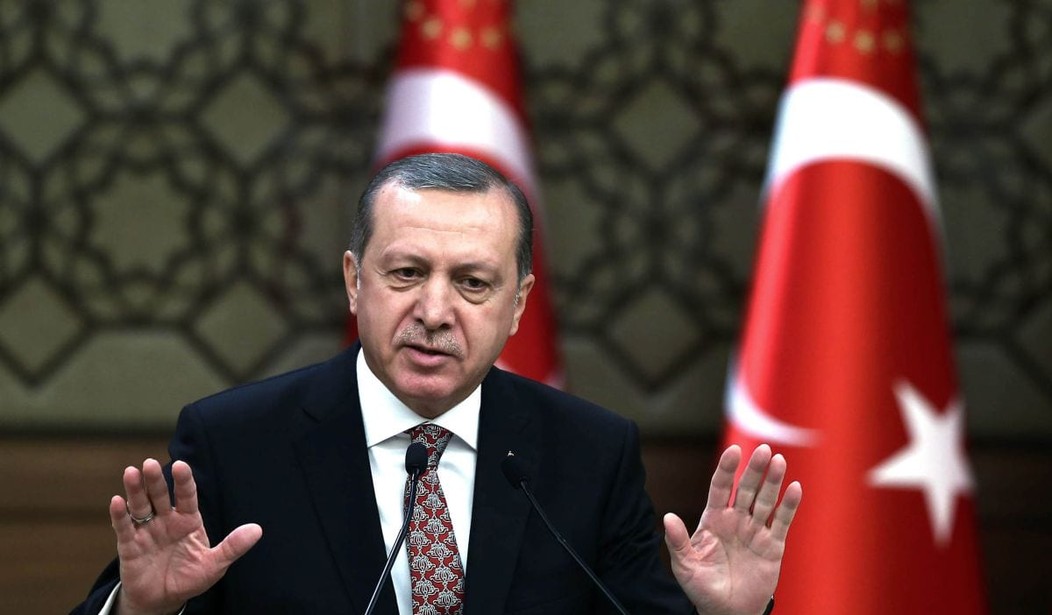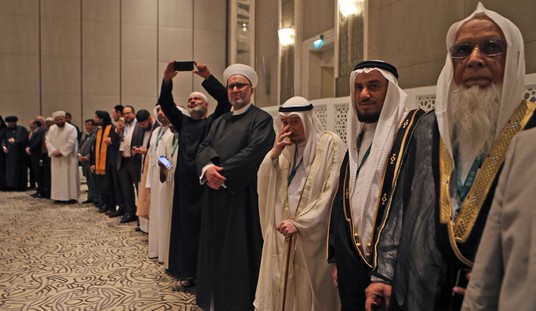Beset by enemies from without and within, Turkey’s strategic situation is becoming more desperate.
Russia, Turkey’s oldest and nearest rival, is expanding its presence around Turkey’s borders — in Syria to the south, in Crimea and Ukraine to the north, and in Armenia to the east. On Saturday, Russia’s Defense Ministry announced the deployment of a new batch of fighter jets and combat helicopters to an air base outside the Armenian capital, Yerevan, 25 miles from the Turkish border.
Blowback from the Syrian war in the form of a string of suicide bombings in Istanbul and Ankara, most recently on Wednesday, has brought fear to Turkish streets and dampened the vital tourist industry.
The collapse of a peace process with Turkey’s Kurds has plunged the southeast of the country into war between Kurds and the Turkish military just as Syrian Kurds carve out their own proto-state in territories adjacent to Turkey’s border.
The economy is in the doldrums, hit by fears of instability and by sanctions from Moscow targeting such goods and revenue sources as Turkish tomatoes and tourism in retaliation for the downing of a Russian plane in November.
Worries that the tensions could escalate further are spreading, both in Turkey and in the international community, prompting French President François Hollande to warn on Friday that “there is a risk of war between Turkey and Russia.”
“Turkey is facing a multifaceted catastrophe,” said Gokhan Bacik, professor of international relations at Ankara’s Ipek University. “This is a country that has often had problems in the past, but the scale of what is happening now is beyond Turkey’s capacity for digestion.”
A rift with the United States, Turkey’s closest and most vital ally, over the status of the main Syrian Kurdish militia, the People’s Protection Units (YPG), has further exposed Turkey’s vulnerability. A demand by President Recep Tayyep Erdogan that Washington choose between NATO ally Turkey and the YPG, its main Syrian ally in the fight against the Islamic State, was rebuffed by the State Department this month, despite Turkish allegations that the YPG had carried out the bombing in Ankara.
On Saturday, Turkey dug in, demanding unconditional support from the United States. “The only thing we expect from our U.S. ally is to support Turkey with no ifs or buts,” Prime Minister Ahmet Davutoglu told journalists in Ankara.
To complicate Turkey’s situation even more, NATO has told Ankara that the alliance will not support them if they go to war with Russia.
European diplomats have warned the Turkish government that it cannot count on the NATO support should the conflict with Russia escalate into an armed conflict, according to German media.
Ankara has called for a joint ground operation in Syria with its international allies, insisting it is the only way to stop the country’s five-year war. Saudi Arabia has said it would be ready to take part in an international force to be deployed in Syria.
But Russia, which has been carrying out air strikes in support of main regional ally Bashar al-Assad, has voiced its opposition to the operation. It also called on the Security Council to press Turkey to halt its shelling of Kurdish forces in northern Syria – but it was rejected.
Turkey’s plan was based on the assumption that, in case of conflict, the country could invoke Article 5 of the NATO treaty, the collective defence clause if any member state is attacked.
But Luxembourg foreign minister Jean Asselborn told German magazine Der Spiegel that the Turkish government cannot count on Nato.
‘NATO cannot allow itself to be pulled into a military escalation with Russia as a result of the recent tensions between Russia and Turkey,’ he said.
Asselborn also stressed that Article 5 can only be invoked when a member state is clearly attacked.
A German diplomat echoed Asselborn’s stance and said:
‘We are not going to pay the price for a war started by the Turks.’
On Friday, French President Francois Hollande also said that Europe needs to prevent a conflict between the two nations.
‘There is a risk of war between Turkey and Russia,’ he said in an interview with France Inter radio.
Putin has gradually been turning the screws on Turkey, while exposing NATO for the hollow shell it is. An alliance formed to prevent Soviet expansionism will be all but dead if their Russian descendants attack and NATO refuses to back Turkey militarily.
Turkey’s self-defeating war with the Kurds may yet undermine the Erdogan government, proving to be its downfall. The attacks by ISIS and Kurdish terrorists are unsettling the population while the brutal war they are carrying on against Kurds on Turkish soil is making it harder to pacify a restive region.
With Kerry and Obama in fantasyland, pretending their “cease fire” will actually help the non-existent “peace process,” the U.S. can be of no assistance to Turkey even if we were of a mind to help them. So Ankara is on its own to face Russia, the Kurds, and ISIS.










Join the conversation as a VIP Member